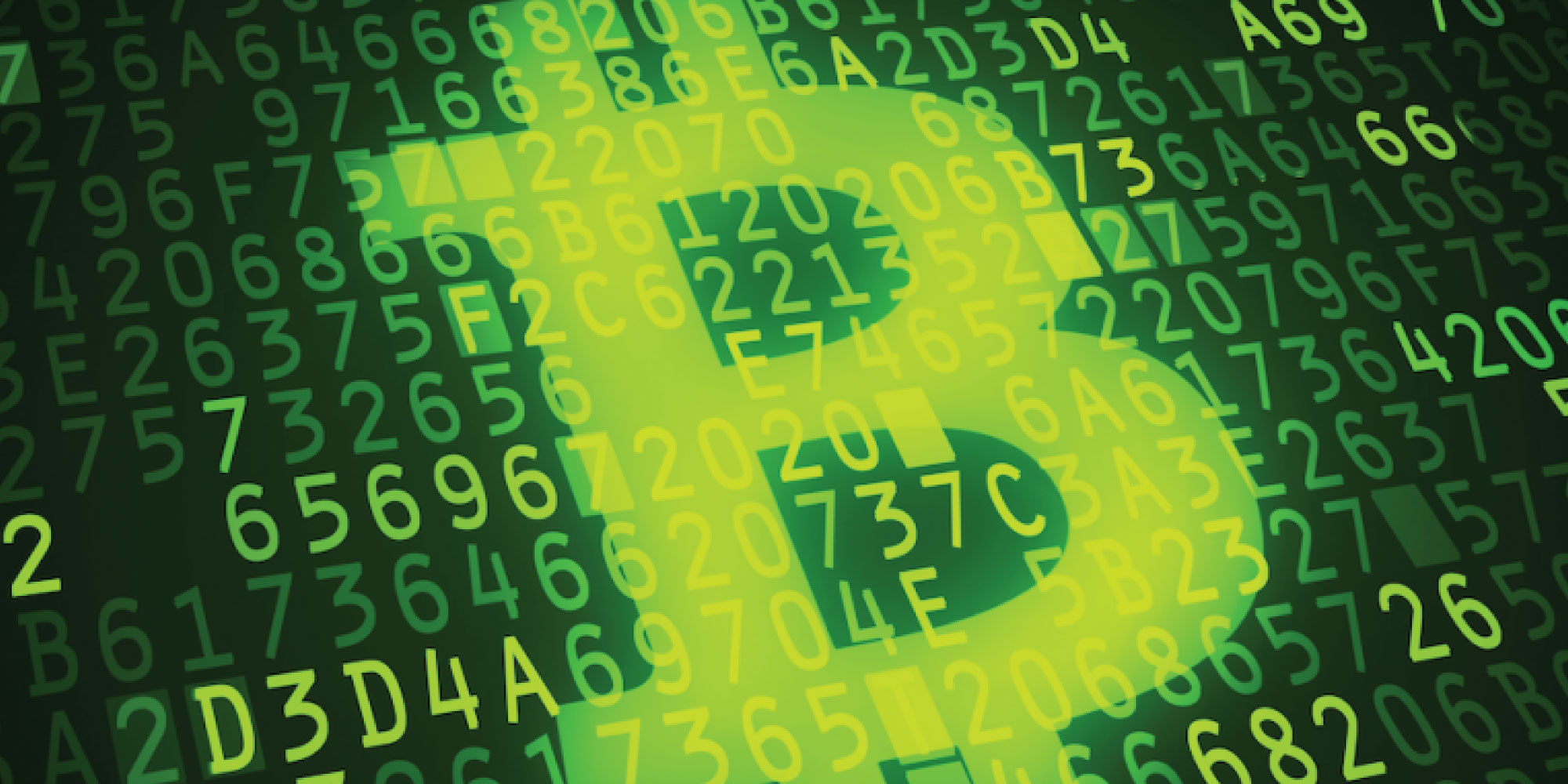Facebook has a lot of history, most of it is not pretty.
From the allegations of the company to the stealing privacy away from its dopamine addicted feeders, most of Facebook’s history is marked by dark milestones. Governments turned a blind eye, so far, because that’s the right thing to do with an employer that can ship jobs in a blink of an eye, and those jobs mean taxes and revenue.
But when Facebook ventured into crypto, an attempt to undermine the financial monopoly of Governments all over the globe, Facebook may have inadvertently started digging its own grave. While they call themselves decentralized — in libra whitepaper they have a clear caveat about forever remaining a private blockchain.
Table of Contents
ToggleA private blockchain can be distributed but never decentralized.
Distributed, but never decentralized is the basic distinction. Beyond the blatant misinformation, their plan to create a parallel economy is a slap in the face to Governments that forgave its intrusive practices in the first place.
What happens when Libra pegs against Bitcoin?
Libra plans to be pegged against Fiat and other low volatile assets to maintain stability.
Let’s say Libra grows into a billion-member giant. That is more customers than any financial institution in existence. When they garner such a monopoly over the financial system, what happens to the fiat if all of a sudden Libra allows it to be pegged against Bitcoin?
Libra pitted against Bitcoin is an underlying concern that banks and Governments are battling. If Libra eventually decides to use Bitcoin to back its libra coin, that could disrupt the monopolistic position that fiat has been enjoying for decades.
On the other end, such a move will send Bitcoin (and other dependable cryptos) to the moon.
Libra can freeze users’ account, with money, that’s not decentralized.
Because, and we cannot reiterate this enough, libra is not a decentralized blockchain, they can change the rules of engagement as and when they wish. Changing the rules every minute, and on a whim means they can one day declare that speaking your mind is against policy and ban you from Libra’s network.
What happens to the money you may have in your Libra account?
What happens to all the money so seized? Who gets to keep them? Will they burn all of the seized balances? Under what authority? Allowing Libra to run on the premise leaves unanswered questions.
What happens when court orders to freeze accounts?
We are assuming Calibra as an entity will have to freeze accounts in those circumstances
Let’s say – Calibra maintains that since it is a decentralized (not) network, the participating members will decide on freezing decisions. All participating members are traditional business giants, they will never go against court orders. Given that, they will have to execute court orders – we are presuming they have some kind of backdoor to freeze accounts.
That is a concern of most blockchain and crypto evangelists. Calibra is registered in Switzerland, will it be bound by laws from other countries? If it doesn’t have to follow any rules — why would any country take risk of allowing a financial instrument that is not bound by its own laws?
Libra says no real-world ID is required — and that’s not true.
Let’s forget for a second what we know about Facebook, which is, they don’t need permission to use our data, that is, they already have access to who we are, what we like, who our friends are, etc.
They were that Facebook’s data was used to build algorithms that can predict your sexual orientation even before you know and they can calibrate their ads to appeal to those subconscious queues.
In the context of libra, they are saying that they won’t need ID for you to use libra, however, you will need a government-issued ID to open your wallet.
You don’t need ID to use libra as long as you verify your ID to get libra. Go figure.
What about the “right to forget” under GDPR? How do you forget if your transactions are going to be on Blockchain?
Per GDPR — you can delete the history — that is not blockchain.
How do you trust developers with access to what could end up being one of the largest financial pools? All of these issues could impose bans on Facebook in some jurisdictions.











